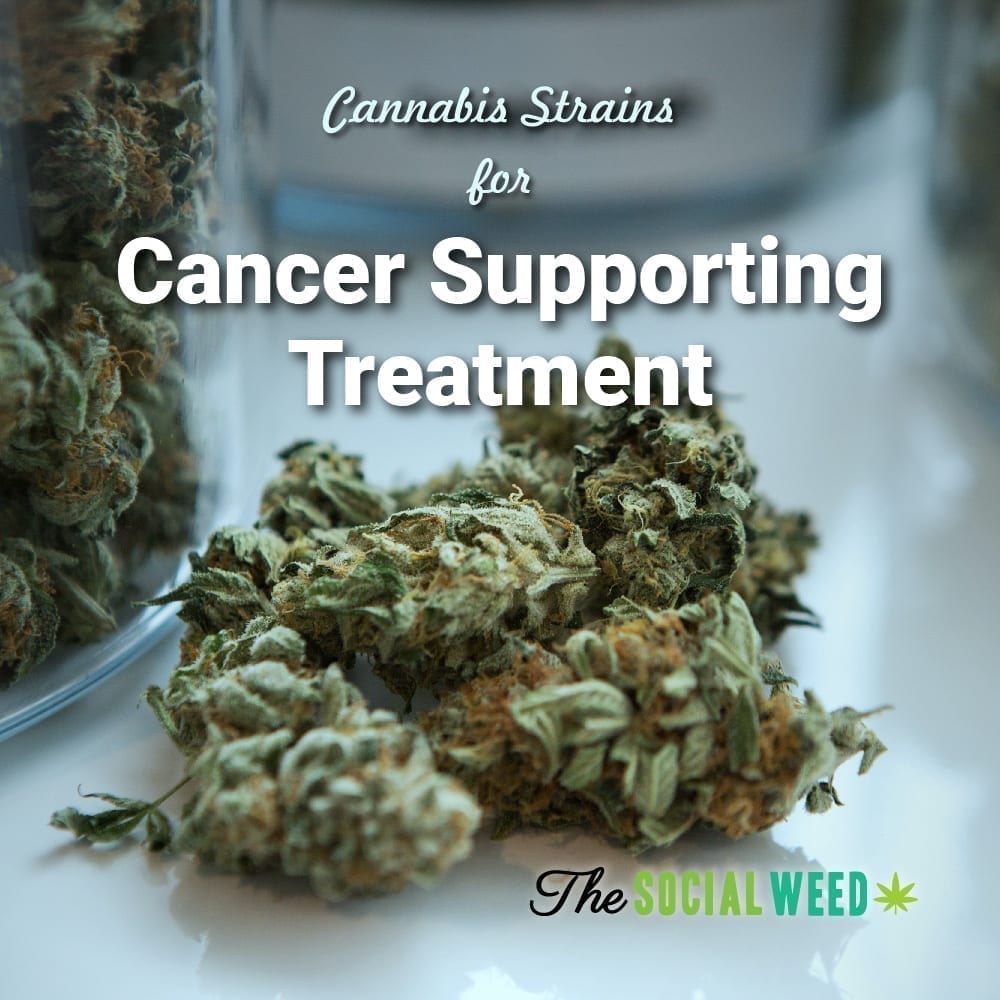
Cannabis has been the source of more than a few miracles over the years. Most have been news of medical breakthroughs but our favorite plant has had a pretty significant impact in the states and communities where it is legal as well. In the obscure town of Trinidad, CO that change is more than just a push for a greener lifestyle. The previous coal mining town has amassed many staples over the last decade, even being crowned the “Sex-Change Capital of the World” at one point. Doc Holliday, who you may remember from Tombstone, lived here before heading off to the titular town later in life.
After an abandoned Pepsi plant closed down and a cannabis dispensary moved in, Trinidad gained a whole new identity.
Like many small towns within states that allow the sale and use of cannabis, the boom of cannabis has brought life back. Trinidad, a rural Southeastern town about 11 miles from Mexico, in its prime was home to nearly 30,000 people. Now, the town holds only 8,200. Unfortunately, the town fell on hard times as famous doctors relocated and the coal-mine was shut-down resulting in residences and other business following suite.
Trinidad had reverted to a Ghost Town in a matter of years. When Colorado voted to legalize adult-use cannabis in 2012, however, things started to take a turn. The town was cautious of the new changes. In 2014, however, the town’s first recreational shop opened for business and brought tons of it to the town. The caution for many faded away as they garned $800,00 in tax revenue their first year of sales. This vastly surpasses Mattie’s anticipated amount of $200,000!
With the newfound income, city officials could start making necessary maintenance changes to the town. The city spent $70,000 on a new fire engine, pumper truck, and some of the funds went to replacing old water pipes that had been neglected. Over the course of time, the city brought several dilapidated buildings in the heart of town and made plans to renovate them to attract people back to Trinidad.
And so, the cannabis money brought to the struggling town begin to give the town a facelift. As the infamous town grew and more people grew an interest in it, locals have been on the fence on the changes. On one hand, many who operate dispensaries and shops take advantage of the large level of tourism to the small town and have been massively successful considering the northern route from New Mexico.
“It’s just kind of an ideal spot to capture the tourism coming into the state,” General Manager of CannaCo, Josh Bleem, says, “We get a lot of folks from Texas, New Mexico, Oklahoma and Arizona. Probably 85% of our business is out-of-state coming in.”
Others feel the cannabis craze has been some negative behavior and characters to the town. Carolyn Dillow, who jointly owns a Big-O tires franchise in town says the she “personally can’t find a positive.”
Despite some residence feelings as the homeless rate in town rise, Trinidad crime statistics from 2014 to 2015 show no significant increase in major crimes. In fact, the number of burglaries decreased. Drug manufacture and possession arrests were slightly up. Marijuana-related crime reports went down. DUI citations were significantly lower, dropping from 59 in 2014 to 29 in 2015. For the most part, what the town has seen is a constant flow of crime. In a town that was previously a Ghost Town, this can feel much different.
Mayor Anthony Mattie, considering his past employment, remains on the line about the matter.
“The idea of marijuana as a benefit, it just flew in the face of everything I was ever about,” he says. “[sic]You can’t learn anything with a closed mind.”
Only time will tell if cannabis will reflect negatively on the town but, for the moment, it seems to be its saving grace. Their new title as cannabis town has boosted their economy and undeniable put their town back on America’s radar. One can only hope that the cannabis boom isn’t just another bubble for the town in the highlight of its history. Considering the overall effect on the economy in Colorado, and even newly legal Nevada, that doesn’t seem to be the case.
“Save is a strong word. Help is a better word,” Mattie says. “But whenever I have an opportunity to talk about my hometown, and what I want it to be, and what I remember it to be, and what I’m hoping it will be, I get very energized. I get very enthused. And if marijuana is the tool that helps us do that, so be it. But I don’t see it to be the big monster that first we feared.”
-Anthony Mattie
Written by: Joycelin Arnold





